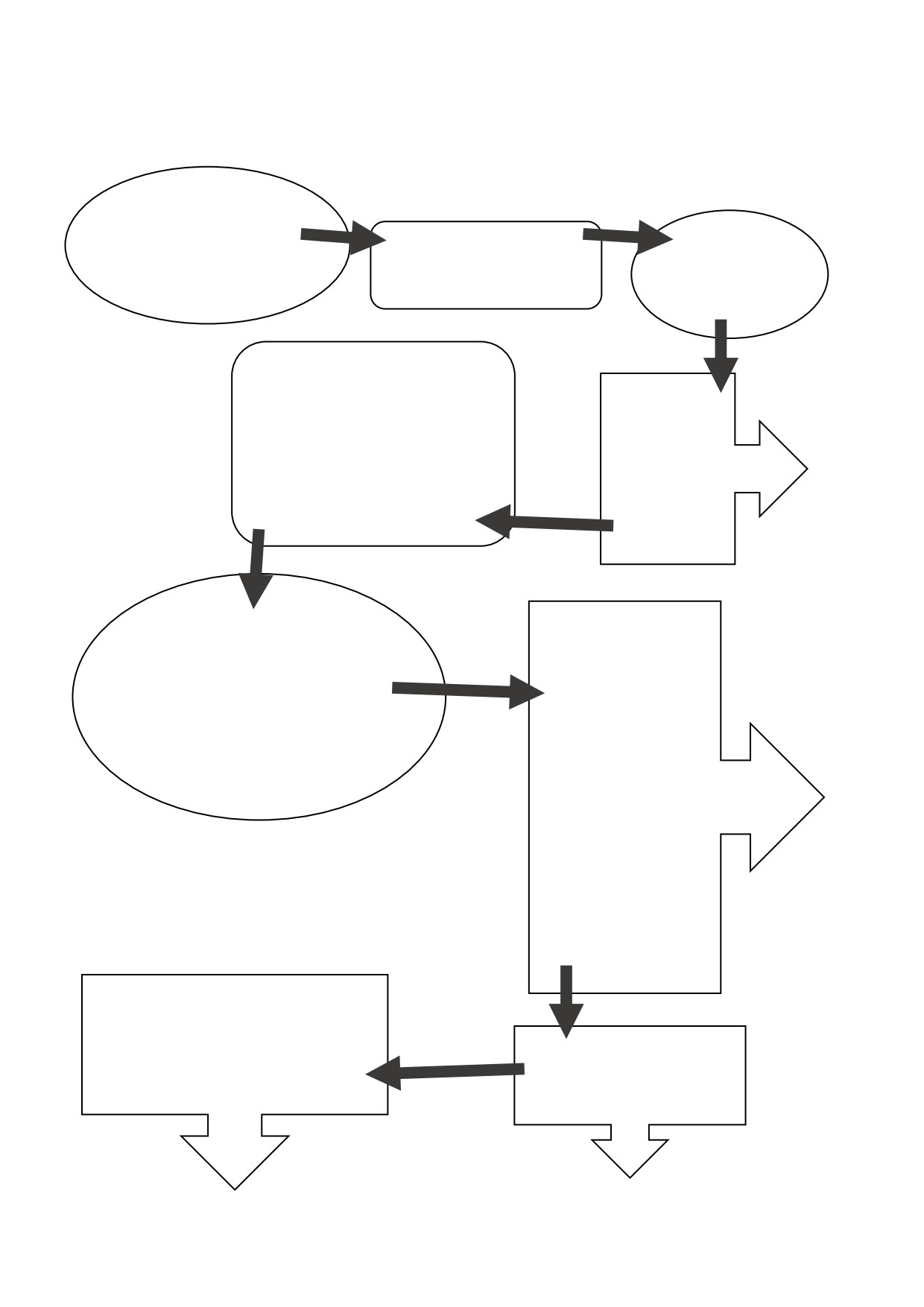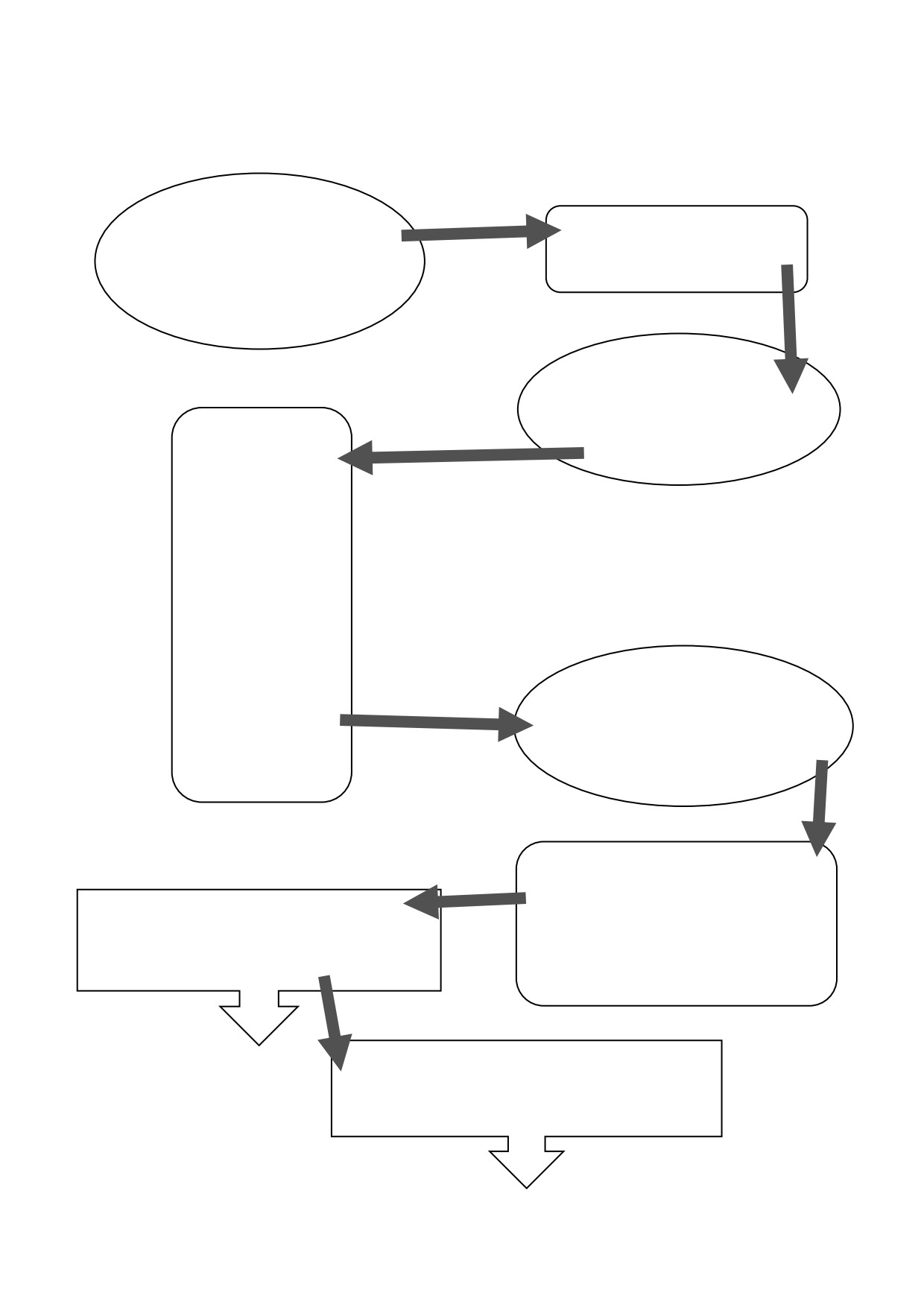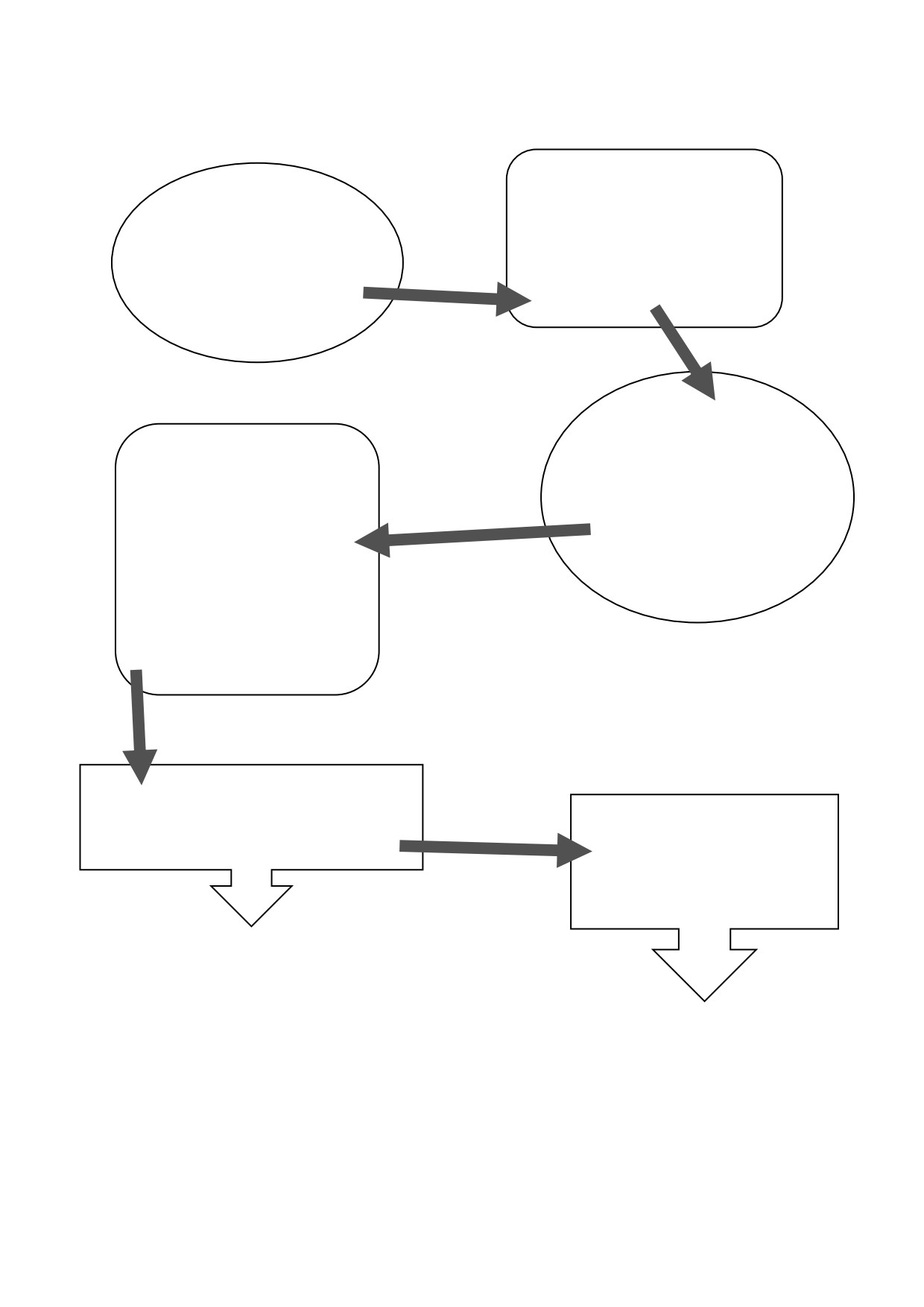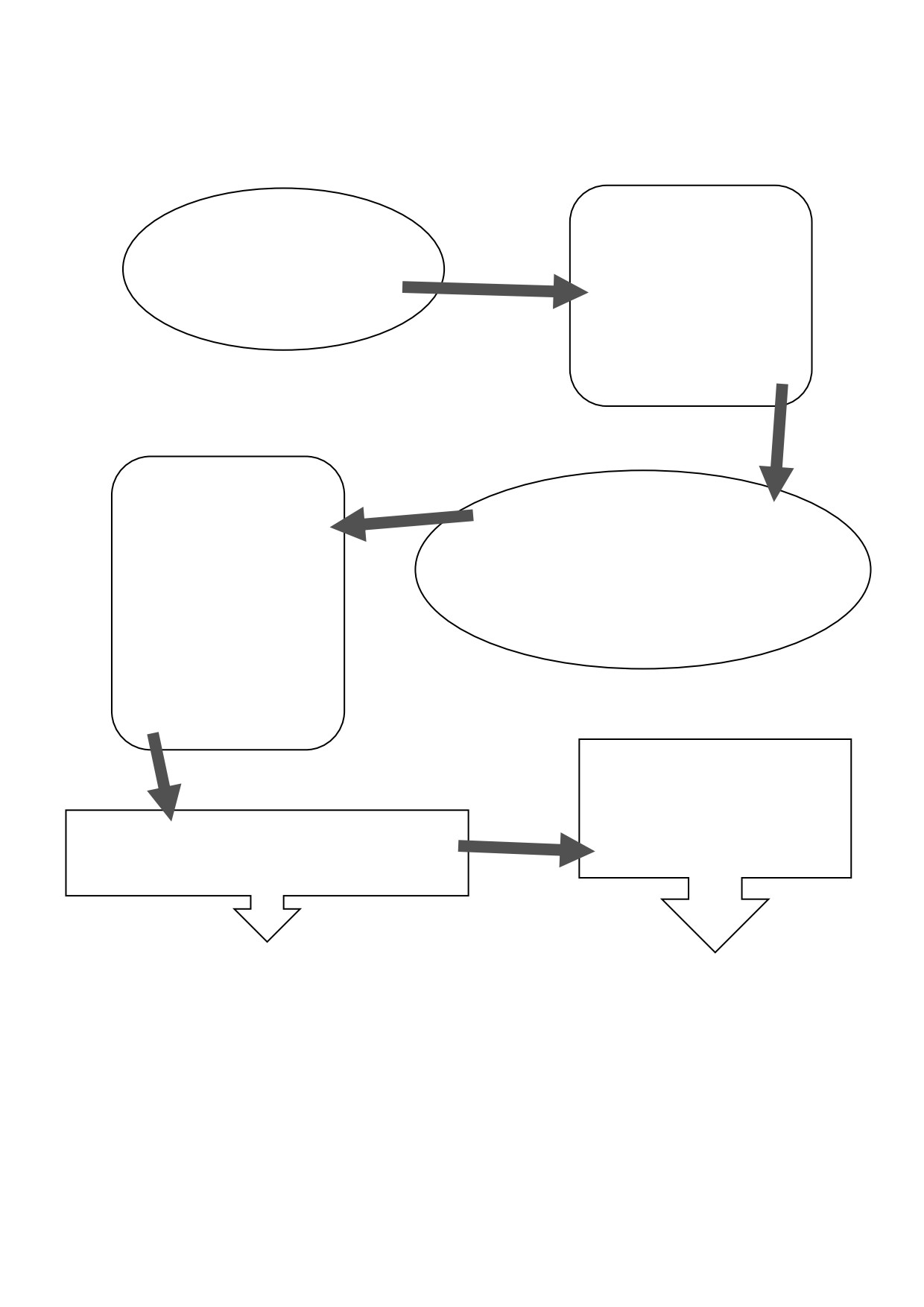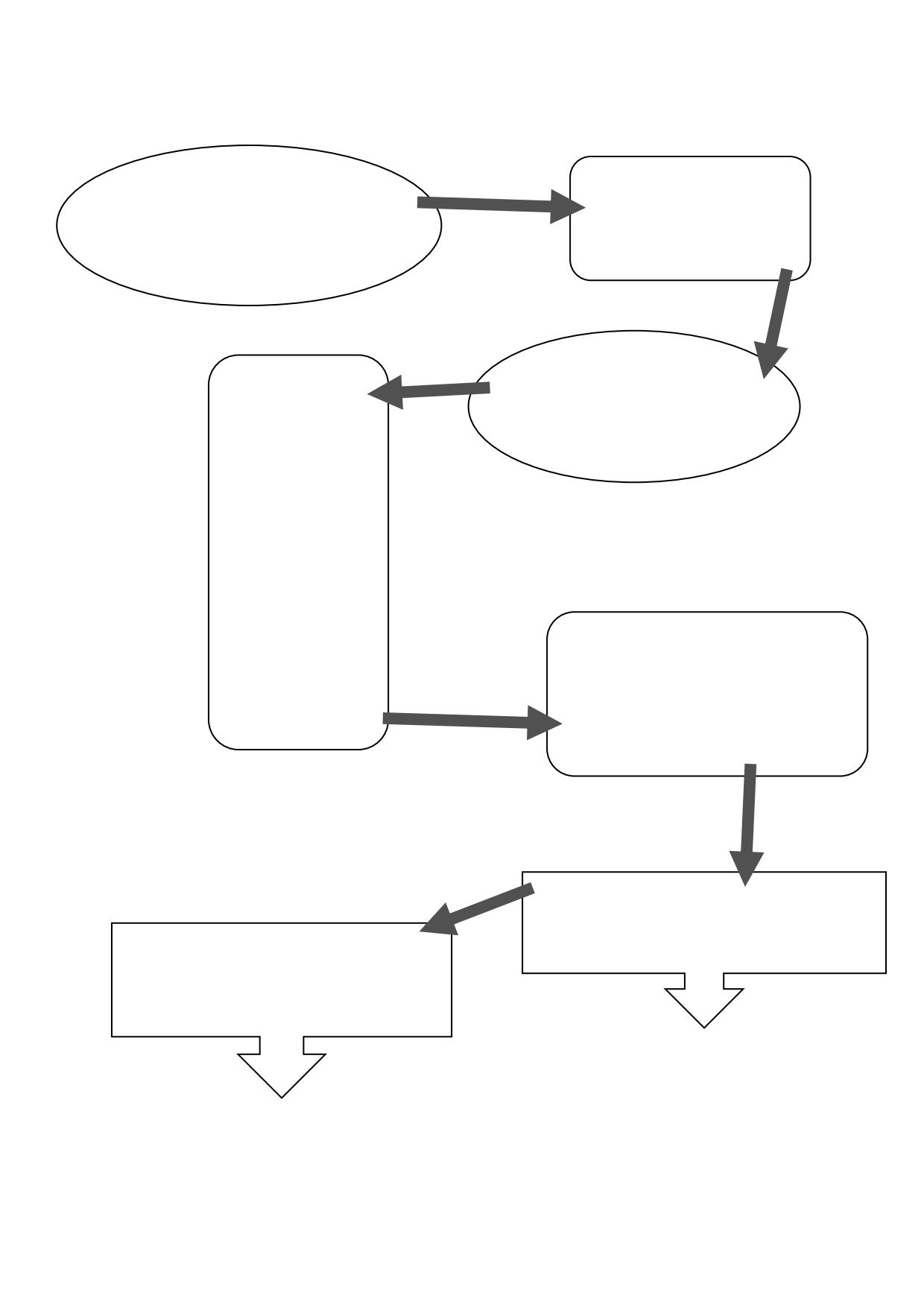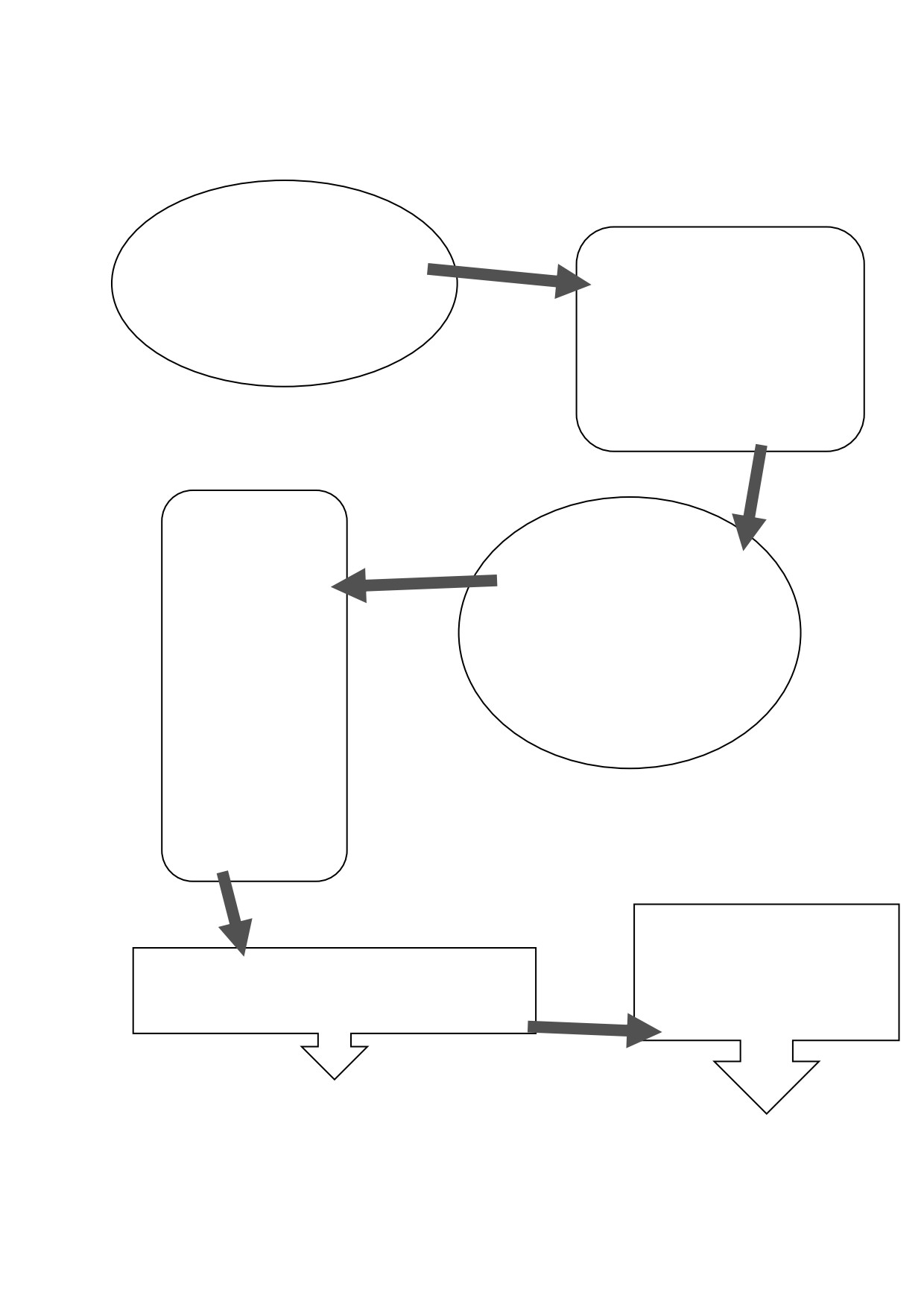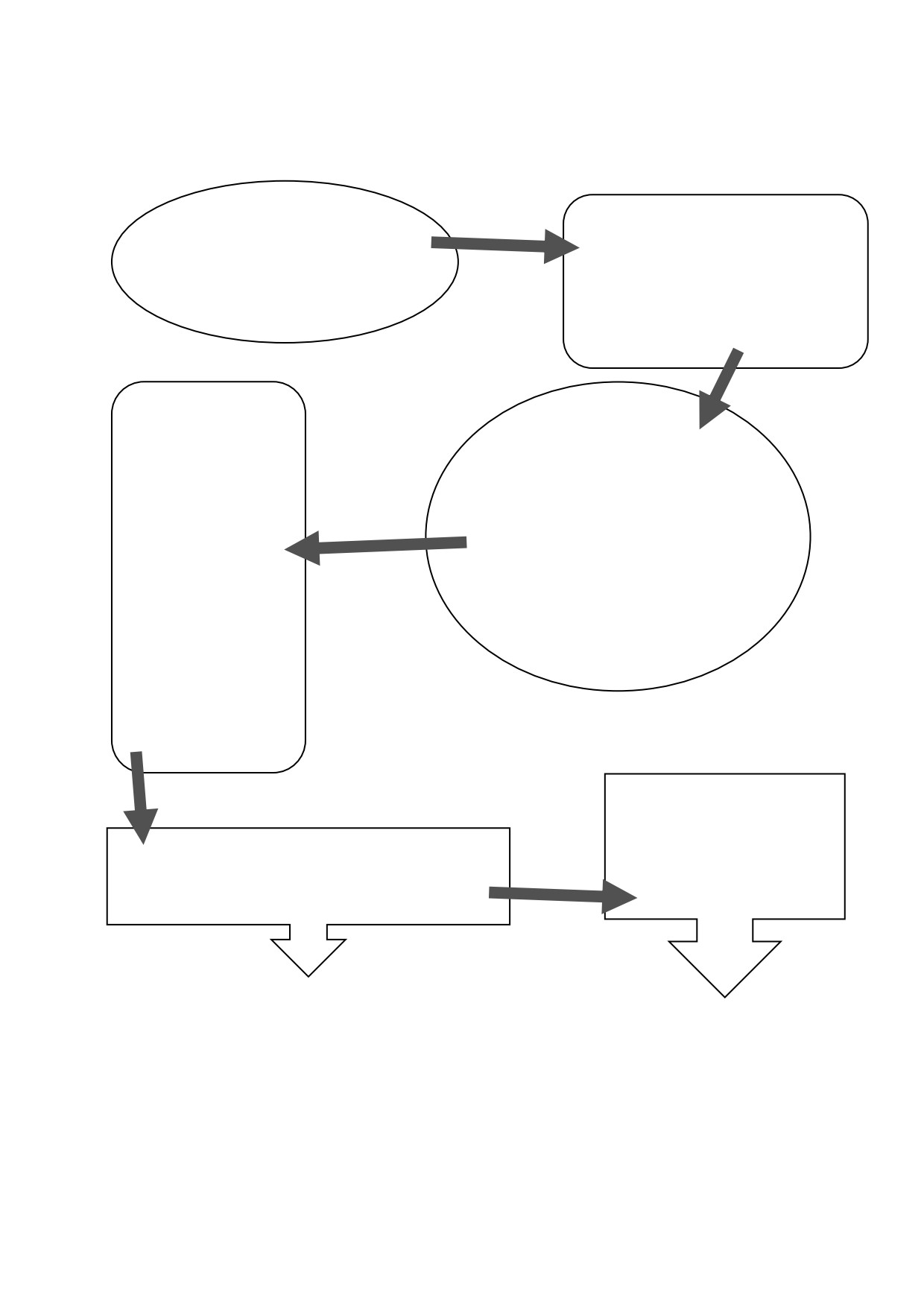OFF-PAYROLL WORKING IN THE PUBLIC SECTOR

SECTOR
THE PUBLIC
WORKING IN
SECTOR
THE PUBLIC
WORKING IN
The government confirmed in the Budget on 8 March 2017 that the new rules for ‘off payroll working’ in the public sector will apply from 6 April 2017.
The new rules apply to all public sector bodies. From 6 April 2017 they will need to determine whether the new rules apply when engaging a worker through an intermediary directly or via an agency. If the new rules do apply, then either the public sector body or the agency, will need to deduct tax and national insurance (employee’s and employer’s) from the payment.
The new rules referred to as ‘off-payroll working in the public sector’, are part of the government’s drive to ensure that where an individual provides services to an organisation in the same kind of circumstances that an employee provides services, that individual is subject to the same taxes and national insurance as an employee.
Under these new rules Contractors will have the same tax liabilities as an employee, with none of the associated benefits like sick pay, holiday pay and redundancy.
The new rules make the public sector body responsible for determining whether an individual, providing services through an intermediary should be treated as an employee, for the purpose of tax and national insurance.
Existing arrangements will need to be reviewed. If the new rules do apply to existing arrangements, consideration will need to be given, to the cost of the secondary (employer’s) national insurance. This may involve a renegotiation of some contracts.
Below are examples of how the new rules will work from 6th April 2017.
EXAMPLE 1:
Rebecca is an Information Technology (IT) Contractor engaged by a central government department, the Ministry – off-payroll working rules apply.
Context
Rebecca works through her own PSC, Rebecca IT Ltd and is interested in a six month engagement as an IT product designer at the Ministry where she has worked in the past.
Rebecca IT Ltd has a draft contract from the Ministry to provide Rebecca’s services. Rebecca is keen to understand the role, the objectives and expectations of the post. She also wants to know how the job will affect her tax and NICs, and those of her PSC.
Do off-payroll rules apply?
The Ministry’s Human Resources (HR) department has experience of confirming the employment status of all of their off-payroll workers following the issue of Procurement Policy Note 08/15 – Tax Arrangements of Public Appointees, on 27 March 2015.
The Ministry has advised that they consider the post to be subject to the changes to the off-payroll working rules. Rebecca has read about these changes so she asks her accountant to find out how they will affect her. He uses the off-payroll service available on GOV.UK to understand the implications.
From the draft contract, the accountant notes that:
- Rebecca will be working in at the Ministry’s IT development centre
- she is not required to supply her own equipment
- Rebecca will work under the direction of a senior manager
- flexible working hours are available but Rebecca will need to agree time off with her manager
Using the Employment Status Service
Rebecca’s accountant uses the online Employment Status Service to help him understand the situation. Rebecca owns more than 5% of her PSC and is the sole director and employee.
The Employment Status Service asks for responses to a variety of questions to determine whether off-payroll working rules should apply. For Rebecca, the service indicates that the rules should be applied.
The contract will be subject to the new rules for working off-payroll in the public sector. Rebecca is happy that her own, and her PSC’s tax affairs will be compliant with the rules. Rebecca IT Ltd accepts the contract and Rebecca starts work.
Deducting tax and NICs
She provides the HR manager at the Ministry with the information they need to provide to HMRC, via RTI the tax and NIC deducted from the payments made to Rebecca IT Ltd, as if Rebecca was an employee.
This includes:
- Rebecca’s National Insurance Number
- her date of birth and personal address
- a P45 from Rebecca’s previous employments in the tax year if available
- the bank account details in to which payments will be made
Rebecca does not need to provide any Student Loan information as she declares that through her self-assessment tax return.
Paying the PSC
As the fee-payer, the Ministry’s Finance and Payroll departments update their systems to enable PAYE and NICs to be deducted from payments to the PSC, Rebecca IT Ltd. Rebecca will not be enrolled in to the Ministry’s pension scheme, or pay-rolled benefits arrangements.
More detailed guidance regarding tax codes and the information that fee-payers need to supply in Full Payment Submissions (FPS) will be issued shortly, after draft legislation is published.
Responsibility for secondary NICs
The Ministry will pay secondary NICs related to the engagement, as it does for directly employed people.
Payments and deductions made by the Ministry (all figures are illustrative)
Each month, Rebecca IT Ltd invoices the Ministry £7200 which includes £1200 VAT.
The Ministry treats £6000 as Rebecca’s earnings and deducts £1400 tax and £400 employee NICs which it pays to HMRC via RTI with £700 employer NICs.
Each month, the Ministry pays Rebecca IT Ltd a total of £5400, which is £4200 for the services provided plus £1200 VAT.
Statutory payments
As Rebecca will not be an employee of the Ministry she will not be able to claim statutory payments, such as Statutory Sick Pay and Statutory Maternity Pay through their payroll.
As is the case now, Rebecca will continue to be able to claim statutory payments through her PSC.
Payments received by Rebecca IT Ltd
Rebecca draws £3000 in salary each month through Rebecca IT Ltd’s payroll. Tax and NICs are not deducted as these have already been deducted at source by the Ministry. This means that Rebecca will continue to be able to claim statutory payments, as she can now.
From the contract with the Ministry, Rebecca IT Ltd receives:
- £25200 in payment from the Ministry, net of tax and NICs
- £7200 VAT charged for services provided
The contract ends
When the contract comes to an end, the Ministry gives Rebecca a P45 as they would for a directly employed person who leaves their employment. The P45 indicates Rebecca has paid £8400 tax and £2400 NICs.
Rebecca moves on to other contracts in the private sector for which she receives £20000 for five months’ work. Rebecca IT Ltd determines that the intermediaries legislation should be applied and pays Rebecca a salary of £3000 and deducts tax and NICs and pays them to HMRC, with employer NICs.
At the end of the year
At the end of the financial year, because Rebecca has paid Income Tax on income going into the PSC, her accountant disregards this engagement when calculating the deemed employment payment due for Rebecca IT Ltd. This ensures Rebecca will not pay tax and NICs twice on the same income.
Rebecca’s accountant includes the income from the engagement with the Ministry, with the other deemed employment payments received in the employment income section in her self-assessment tax return.
The VAT and corporation tax liabilities of Rebecca’s PSC remain unchanged by the proposed reforms.
EXAMPLE 2:
Workers 4 U Ltd is an employment agency, supplying nurses to an NHS Trust – off-payroll working rules apply
Context
An employment agency, Workers 4 U Ltd specialises in supplying medical staff to the NHS. An NHS Trust has contracted the agency to supply them a mental health nurse for a year to cover a period of maternity leave. The contact is worth £36000 plus VAT.
Mikael is a mental health nurse who provides his services through a PSC, Mikael Health Ltd. He gets much of his work through Workers 4 U Ltd.
Do the off-payroll rules apply?
The NHS Trust’s HR department has experience of confirming the employment status of off-payroll workers following the issue of Procurement Policy Note – Tax Arrangements of Public Appointees, 08/15 on 27 March 2015. That however does not apply to agency staff.
The agency knows there have been changes to off-payroll working in the public sector. As they will be paying Mikael’s PSC, Workers 4 U Ltd asks the NHS Trust to determine whether off-payroll rules need to be applied.
The NHS Trust have advised the agency that the worker they supply will be expected to:
- be part of a team working to a Head Nurse
- work a fixed shift pattern in one of their local units
- the shift pattern and location could change at short notice where necessary
- all equipment required to undertake the role will be provided
- parking is also provided at no cost to the worker
Using the Employment Status Service
The NHS Trust uses the online Employment Status Service which determines that the engagement would be subject to the new rules for working off-payroll in the public sector if a worker was provided though a PSC. It advises Workers 4 U Ltd accordingly.
Deducting tax and NICs
Mikael agrees to take the job. The agency tells Mikael that the invoice his PSC sends them will be paid net of tax and employees’ NICs. Workers 4 U Ltd’s finance department obtain from Mikael the information needed to pay his PSC having deducted and paid over to HMRC the tax and NICs due each month.
This includes:
- his National Insurance number
- date of birth
- personal address
- P45 from previous employments if available
- the bank account details in to which payments will be made
Workers 4 U Ltd will not need any Student Loan information from Mikael as he declares that through his self-assessment tax return.
Paying the PSC
As the fee-payer, Workers 4 U Ltd’s accounts department update their systems to enable PAYE and NICs to be deducted from payments to Mikael Health Ltd. When doing so, the payroll team marks the record to indicate that the employment will not be subject to pension enrolment or pay-rolled benefits arrangements.
More detailed guidance regarding tax codes and the information that fee-payers need to supply in FPS will be issued shortly, after draft legislation is published.
Responsibility for secondary NICs
The agency will pay secondary NICs related to the engagement, as it does for directly employed people.
Statutory Payments from Workers 4 U Ltd
As Mikael will not be an employee of Workers 4 U Ltd he will not be able to claim statutory payments, such as Statutory Sick Pay and Statutory Paternity Pay through their payroll. As is the case now, Mikael will continue to be able to claim statutory payments through his PSC.
Payments and deductions made by Workers 4 U Ltd (all figures are illustrative)
Each month, the agency invoices the NHS Trust a figure of £3600 for the cost of the labour provided. This includes £600 VAT.
Mikael, through his PSC sends the agency an invoice for £2200 per month as the agreed charge for his services. Mikael Health Ltd is not registered for VAT as the company’s turnover is below the VAT minimum threshold.
The agency treats the full amount of the invoice, £2200 as Mikael’s earnings and deducts £250 tax and £200 employee NICs which it pays to HMRC via RTI with £200 employer NICs.
The agency pays Mikael Health Ltd a total of £1750.
End of contract
From the £36000 invoiced to the NHS Trust, the agency pays out:
- £21000 in payments to the PSC
- £3000 Income Tax, £2400 employee and £2400 employer NICs to HMRC
Workers 4 U Ltd earns £7200 from this engagement before its own costs are taken into account. They give Mikael a P45 as they would for a directly employed person who leaves their employment.
EXAMPLE 3:
Midshire CC, a local council engages an HR Executive through his Personal Service Company – off-payroll working rules apply
Context
Midshire County Council has decided to overhaul its HR system and wants to hire someone to lead that. Tim is a qualified HR professional who provides his services through his company, Tim HR Ltd. He responds to Midshire CC’s job advert on an HR trade website.
The council has offered Tim HR Ltd a six-month contract worth £60,000, plus VAT to lead the delivery the new HR system. The contract is for a fixed monthly payment of £10000, plus £2000 VAT to be made to Tim HR Ltd.
Do off-payroll rules apply?
The council wants to ensure it operates the new off-payroll working rules properly. It uses the online Employment Status Service to determine if Tim should be subject to them or not. Tim has confirmed that he owns more than 5% of his PSC and is the sole director and employee.
In the job, Tim will be:
- in charge of leading a small team
- expected to work in the council’s main offices
- managed by the council’s Head of Personnel
- provided with the equipment needed to do his job
The Employment Status Service indicates that the off-payroll working rules should be applied.
Deducting tax and NICs
Midshire CC’s HR department obtains from Tim the information needed to pay his PSC through their payroll systems. This includes:
- Tim’s National Insurance number
- his date of birth and personal address
- a P45 from previous employments if available
- the bank account details in to which payments will be made
They do not need any Student Loan information from Tim as he declares that through his self-assessment tax return.
Paying the PSC
As the fee-payer, the council’s HR department advises their accounts department that payments for Tim’s services will need to be made net of tax and NICs. They update their systems to enable tax and NICs to be deducted from payments to the PSC, Tim HR Ltd.
When doing so, the payroll team indicates that the engagement will not be subject to pension enrolment or pay-rolled benefits arrangements.
Responsibility for secondary NI contributions
Midshire CC will pay secondary NICs related to the engagement, as it does for directly employed people.
Payments and deductions made by Midshire CC (all figures are illustrative)
Each month, Tim’s PSC invoices the council £12000 which includes £2000 VAT.
The council treats £10000 as the cost of Tim’s services and deducts £3000 tax and £480 employee NICs which it pays to HMRC via RTI with £1250 employer NICs.
The council pays Tim HR Ltd £8520 each month which includes £2000 VAT.
In total the six-month contract with Tim HR Ltd will mean that Midshire CC pays:
- £39120 in payment to the PSC (excl. VAT)
- £18000 Income Tax, £2880 employee and £7500 employer NICs
- £12000 VAT
Statutory payments
As Tim will not be an employee of Midshire CC he will not be able to claim statutory payments, such as Statutory Sick Pay and Statutory Paternity Pay through their payroll. As is the case now, Tim will continue to be able to claim statutory payments through his PSC.
End of contract
At the end of the contract with Tim HR Ltd, Midshire CC give Tim a P45 as they would for a directly employed person who leaves their employment.
EXAMPLE 4:
Stockwell University College (UC) engages Anna to lead their Communications portfolio – off-payroll working rules apply
Context
Stockwell UC is a small university who are looking to expand and build their communications portfolio. They advertise in the trade press for someone to take that role.
Anna has worked in communications as a journalist and an online brand manager. She provides her services through her PSC, Anna Communications Ltd. The university want to give her the job and offer a contract to Anna Communications Ltd for her services. The contract is for 12 months at £4000 per month plus VAT.
Do off-payroll rules apply?
The university has not previously been required to understand the employment status of workers that it engages off-payroll through contracts, nor provide assurances that tax and national insurance rules are being correctly applied. The university’s HR department is aware of the changes and wants to ensure it operates the new off-payroll working rules properly. In the post, Anna will be:
- lead a small team of journalists and administrative workers
- expected to work in the university’s main administrative offices
- managed by the Stockwell UC’s Head of Personnel
- provided with the equipment needed to do her job
Using the Employment Status Service
Stockwell UC uses the online Employment Status Service to determine if Anna’s role should be subject to them or not. Anna has confirmed that she owns more than 5% of her PSC and is the sole director and employee. The Employment Status Service asks for responses to a variety of questions to determine whether off-payroll working rules should apply. For Anna, to service indicates that the rules should be applied.
Deducting tax and NICs
Stockwell UC’s HR department obtains from Anna the information needed to pay her PSC through their accounting systems. This includes:
- Anna’s National Insurance number
- her date of birth
- personal address
- a P45 from previous employments if available
- the bank account details in to which payments will be made
They do not need any Student Loan information from Anna as she declares that through her self-assessment tax return.
Paying the PSC
As the fee-payer, the university’s HR department will need to make payments to Anna Communications Ltd net of tax and NICs and report those to HMRC. They update their systems to enable tax and NICs to be deducted from payments to the PSC. When doing so, the HR team indicates that the engagement will not be subject to pension enrolment or pay-rolled benefits arrangements.
Responsibility for secondary NICs
Stockwell UC will pay secondary NICs, as it does for directly employed people.
Payments and deductions made by Stockwell UC (all figures are illustrative)
Each month, Anna’s PSC invoices the university £4800 which includes £800 VAT.
Stockwell UC treats £4000 as the cost of Anna’s services and deducts £700 tax and £350 employee NICs which it pays to HMRC via RTI with £750 employer NICs.
The university pays Anna Communications Ltd £2950 each month plus £800 VAT.
In total the 12-month contract with Anna Communications Ltd will mean that Stockwell UC pays:
- £35400 in payment to the PSC (excl. VAT)
- £8400 Income Tax, £4200 employee and £9000 employer NICs
- £9600 VAT
Statutory payments
As Anna will not be an employee of the university she will not be able to claim statutory payments, such as Statutory Sick Pay and Statutory Maternity Pay through their payroll. As is the case now, Anna will continue to be able to claim statutory payments through her PSC.
End of contract
At the end of the contract with Anna Communications Ltd, Stockwell UC gives Anna a P45 as they would for a directly employed person who leaves their employment.
EXAMPLE 5:
Philip is a residential care nurse working in the NHS. The contract started in November 2016 - off-payroll working rules apply from April 2017
Context
Philip is a nurse who specialises in residential care for the elderly. He provides his services through a PSC, Philip Care Ltd. The PSC has accepted a contract for £30000 from an NHS Trust to supply Philip’s services to a residential care home for twelve months. Philip started work on 1 November 2016.
The NHS Trust knows that, from April 2017 changes are being introduced for people working off-payroll in the public sector. As they are responsible for paying Philip’s PSC, the NHS Trust must determine whether off-payroll rules need to be applied, after 6 April 2017.
Do the off-payroll rules apply?
The NHS Trust’s HR department has experience of confirming the employment status of off-payroll workers following the issue of Procurement Policy Note 08/15 - Tax Arrangements of Public Appointees, on 27 March 2015.
The NHS Trust does not intend for any changes to the nature of Philip’s work at the care home. Philip’s work there shows that he:
- is part of a team working to a head nurse
- works an agreed fixed shift pattern
- is supplied all equipment required to undertake the role will be provided
- has parking provided at no cost
Using the Employment Status Service
The Employment Status Service asks for responses to a variety of questions to determine whether off-payroll working rules should apply. For Philip, the service indicates that the rules should be applied.
Deducting tax and NICs
The NHS Trust tells Philip that, because of changes to the rules on working off-payroll in the public sector, the way they pay his PSC will need to change. They will deduct tax and NICs from the amount Philip Care Ltd invoices them each month. This change will take affect from all payments due to his PSC from 6 April 2017 onwards.
The NHS Trust’s accounts department obtain from Philip the information needed to pay his PSC having deducted and paid over to HMRC the tax and NICs due each month.
This includes:
- his National Insurance number
- date of birth
- personal address
- P45 from previous employments if available
- the bank account details in to which payments will be made
The NHS Trust will not need any Student Loan information from Philip as he declares that through his self-assessment tax return.
Paying the PSC
As the fee-payer, the NHS Trust’s accounts department update their systems to enable tax and NICs to be deducted from payments to Philip Care Ltd. When doing so, the payroll team marks the record to indicate that the employment will not be subject to pension enrolment or pay-rolled benefits arrangements.
Responsibility for secondary NICs
The NHS Trust will pay secondary NICs related to the engagement, as it does for directly employed people.
Statutory Payments from Workers 4 U Ltd
As Philip will not be an employee of the NHS Trust he will not be able to claim statutory payments, such as Statutory Sick Pay and Statutory Paternity Pay through their payroll. As is the case now, Philip will continue to be able to claim statutory payments through his PSC.
Payments and deductions made by the NHS Trust (all figures are illustrative)
Philip Care Ltd sends the NHS Trust an invoice for £2500 each month as the agreed charge for his services. Philip Care Ltd is not registered for VAT as the company’s turnover is below the VAT minimum threshold.
For November 2016 to March 2017, the NHS Trust treats the full amount of the invoice, £2500 directly to the PSC.
From April 2017, it must deduct tax and NICs. It treats £2500 as Philip’s earnings and deducts £350 tax and £220 employee NICs which it pays to HMRC via RTI with £300 employer NICs.
Each month, Philip Care Ltd is paid a total of £1930.
End of contract
From the £30000 invoiced to the NHS Trust by Philip Care Ltd, it pays out:
- November 2016 to March 2017: £10000 gross
- From April to November 2017:
- £15440 in payments to the PSC
- £2800 income tax, £1760 employee and £2400 employer NICs to HMRC
In additions to the value of the contract, the NHS Trust will pay £2400 employer NICs.
They give Philip a P45 as they would for a directly employed person who leaves their employment.
EXAMPLE 6:
The Ministry is renewing Simone’s contract - off-payroll working rules apply.
Context
Simone currently works for the Ministry as a Data Analyst. She has worked there for 18 month so far, on six-month contracts with her PSC, Simone Data Ltd.
The Ministry wants Simone to take on additional responsibility, which will mean some changes to the nature of her job. They are willing to offer a higher rate of pay in return and have drawn up a contract which they intend to offer to Simone Data Ltd.
Do off-payroll rules apply?
The Ministry’s HR department has experience of confirming the employment status of all of their off-payroll workers following the issue of Procurement Policy Note 08/15 - Tax Arrangements of Public Appointees, on 27 March 2015.
They are also aware of the changes to off-payroll working in the public sector. The Ministry needs to understand whether the new contract they are offering to Simone Data Ltd will change the way tax and national insurance contributions are deducted and paid to HMRC.
The new contract will give Simone a more senior position and will mean she is expected to:
- lead a large team of analysts to support the Ministry’s research functions
- expected to work in the Ministry’s main office
- managed by the Ministry’s Director General of Digital and Data Analysis
- provided with the equipment needed to do her job
These conditions are all new to the contract they are offering Simone Data Ltd. Previously, Simone had been able to work from home, use her own laptop and did not manage staff.
Using the Employment Status Service
Simone has confirmed that she owns more than 5% of her PSC and is the sole director and employee. The Ministry uses the online Employment Status Service to help them determine if off-payroll rules should apply.
The Employment Status Service asks for responses to a variety of questions to determine whether off-payroll working rules should apply. For Simone, the service indicates that the rules should be applied.
Deducting tax and NICs
The Ministry’s HR department obtains from Simone the information needed to pay her PSC through their accounting systems.
This includes:
- Simone’s National Insurance Number
- her date of birth
- personal address
- a P45 from previous employments if available
- the bank account details in to which payments will be made
They do not need any Student Loan information from Simone as she declares that through her self-assessment tax return.
Paying the PSC
As the fee-payer, the Ministry will need to make payments to Simone Data Ltd net of tax and NICs and report those to HMRC. They update their systems to enable tax and NICs to be deducted from payments to the PSC. When doing so, the HR team indicates that the engagement will not be subject to pension enrolment or pay-rolled benefits arrangements.
Responsibility for secondary NICs
The Ministry will pay secondary NICs, as it does for directly employed people.
Payments and deductions made by The Ministry (all figures are illustrative)
Each month, Simone Data Ltd invoices the Ministry £6000 plus £1200 VAT.
The Ministry treats £6000 as the cost of Simone’s services and deducts £1200 tax and £470 employee NICs which it pays to HMRC via RTI with £950 employer NICs.
The Ministry pays Simone Data Ltd £4330 each month plus £1200 VAT.
In total the 6-month contract with Simone Data Ltd will mean that the Ministry pays:
- £25980 in payment to the PSC (excl. VAT)
- £7200 income tax, £2820 employee and £5700 employer NICs
- £7200 VAT
Statutory payments
As Simone will not be an employee of the Ministry she will not be able to claim statutory payments, such as Statutory Sick Pay and Statutory Maternity Pay through their payroll. As is the case now, Simone will continue to be able to claim statutory payments through her PSC.
End of contract
At the end of the contract with Simone Data Ltd, the Ministry gives Simone a P45 as they would for a directly employed person who leaves their employment.
EXAMPLE 7:
Capital Transport Services Ltd is a publicly owned limited company and engages an engineer through his PSC – off-payroll working rules apply.
Context
Alistair provides engineering services through his PSC, Alistair Engineering Ltd. He gets a lot of his work through a recruitment agency.
The agency has been asked by Capital Transport Services Ltd (CTSL) to supply an engineer for a 12-month contract working on the railway network in a large city.
Alistair Engineering Ltd has a draft contact from the client to provide Alistair’s services.
Should off-payroll working rules in the public sector apply?
CTSL need to understand whether they should apply the off-payroll working rules as they are engaging Alistair’s services through his PSC.
All public sector bodies that are subject to the Freedom of Information Act (FOIA) provisions are responsible for implementing the changes to the off-payroll working rules.
CTSL is a wholly-owned company that is a subsidiary of Capital Transport, the transport authority for the city. Capital Transport is a public authority listed under the local government section of Schedule 1 of the FOIA.
Section 6(2)(b)(ii) of the FOIA indicates that where a company is wholly-owned by a public authority, that company is also a public authority for the purposes of the FOIA. Capital Transport Services will need to determine if the off-payroll rules should apply.
Please read Public Authorities under the FOIA for more information.
Using the Employment Status Service
The draft contract states that:
- Alistair will be working out of the city’s main railway engineering site
- he is not required to supply his own equipment
- Alistair will work under the direction of a senior engineer
- Alistair will need to agree time off with his manager
The Employment Status Service asks for responses to a variety of questions to determine whether off-payroll working rules should apply. For Alistair, the service indicates that the rules should be applied.
Deducting tax and NICs
Alistair provides the recruitment agency with the information that CTSL needs to provide to HMRC, via RTI details of the tax and NIC deducted from the payments made to Alistair Engineering Ltd, as if Alistair was an employee.
This includes:
- Alistair’s National Insurance number
- his date of birth
- personal address
- a P45 from Alistair’s previous employments in the tax year if available
- the bank account details in to which payments will be made
Alistair does not need to provide any Student Loan information as he declares that through his self-assessment tax return.
Paying the PSC
As the fee-payer, CTSL’s accounts payable department updates their systems to enable tax and NICs to be deducted from payments to the PSC, Alistair Engineering Ltd. Alistair will not be enrolled in to their pension scheme, or pay-rolled benefits arrangements.
Responsibility for secondary NICs
CTSL will pay secondary NICs related to the engagement, as it does for directly employed people.
Payments and deductions made by CTSL (all figures are illustrative)
Each month, Alistair Engineering Ltd invoices CTSL £6000 which includes £1000 VAT.
CTSL treats £5000 as Alistair’s earnings and deducts £900 tax and £400 employee NICs which it pays to HMRC via RTI with £800 employer NICs.
Each month, CTSL pays Alistair Engineering Ltd a total of £4700, which is £3700 for the services provided plus £1000 VAT.
Statutory payments
As Alistair will not be an employee of CTSL he will not be able to claim statutory payments, such as Statutory Sick Pay and Statutory Paternity Pay through their payroll. As is the case now, Alistair will continue to be able to claim statutory payments through his PSC.
The contract ends
When the contract comes to an end, CTSL gives Alistair a P45 as they would for a directly employed person who leaves their employment. The P45 indicates Alistair has had £10800 tax and £4800 NICs deducted from his pay for the duration of the contract.
EXAMPLE 8:
Janice is a Project Manager, contracted by a building company to work on the construction of a new wing at an NHS hospital – off-payroll working rules do not apply.
Context
Janice is a project manager who provides her services through her own company, Janice PPM Ltd. The company has been contracted by Hospital Construction Ltd to project manage the building of a new wing at a hospital, managed by an NHS Trust.
The NHS Trust has agreed to pay Hospital Construction Ltd an amount of £500m in payment for the construction project. Hospital Construction Ltd is expected to pay their own staff and contractor costs for the project.
Do off-payroll rules apply?
Janice’s role will be to work closely with the NHS Trust to understand and deliver the project requirements and with the construction company and other partners to make that happen. She meets with the Trust managers as part of the recruitment process, but the recruitment decision is for Hospital Construction Ltd as they are the vacancy holders.
The NHS Trust, whilst having an interest in the work of Janice is not responsible for paying Janice’s PSC. They will not be responsible for determining whether or not off-payroll rules should be applied.
Should the existing intermediaries legislation (IR35) be applied?
Janice’s work for Hospital Construction Ltd is not in the public sector. Her services are being supplied to Hospital Construction Ltd. As now, it will be the PSC’s responsibility to consider whether off-payroll working rules should apply. The nature of the contract and the services that Janice PPM Ltd provides to the client will determine if intermediaries legislation (IR35) should apply. Janice can use the online Employment Status Service to help work out her status for this contract.
Payments
They want Janice for this work so offer Janice PPM Ltd a 12-month contract for £100,000, plus £20,000 VAT for the supply of her services, which Janice accepts. Hospital Construction Ltd will make payments on an invoice basis at agreed points during the contract.
Payments will be made to Janice PPM Ltd gross plus VAT.
EXAMPLE 9:
Teachers 4 U Ltd supplies teachers to local schools through an umbrella company: off-payroll working rules do not apply.
Context
An employment agency, Teachers 4 U Ltd specialises in supplying teachers to local schools. One has asked the agency to provide a supply teacher for a full school term to cover an unexpected absence. The contact is worth £15000 plus VAT.
Hamed is a supply teacher who provides his services through a PSC, Hamed Tutoring Ltd. He gets much of his work through Teachers 4 U Ltd. He is paid for his work, found through the agency by an umbrella company, Teeming Ltd who deduct tax and NICs from his salary.
Do the off-payroll rules apply?
Teachers 4 U Ltd has the contract to find teachers for the local school. The umbrella company, Teeming Ltd is the organisation that the local school pays for the workers’ services. Hamed is providing his services to the client, the local school. He is however contracted through Teachers 4 U Ltd to Teeming Ltd, with whom he has a contract of employment. Teeming Ltd pay the teachers through their payroll, deducting tax and NICs.
Using the Employment Status Service
The local school uses the online Employment Status Service which determines that, as Hamed has been supplied by Teachers 4 U Ltd and has a contract of employment with Teeming Ltd, the off-payroll working rules do not apply.
Responsibility for secondary NICs
Teeming Ltd, the body that pays Hamed is responsible for paying secondary NI contributions related to his contract to work at the school.
EXAMPLE 10:
Jasmine is a Website Designer, contracted to a large local authority to design and build a website - off-payroll working rules do not apply.
Context
Jasmine is a website designer who provides her services through her own company, Jasmine WWW Ltd. The PSC has been contracted by a local authority, Midshire CC to design and build a new website, through which local residents should be able to access and use their services.
Midshire CC has agreed to pay Jasmine WWW Ltd £200,000 for Jasmine’s services.
Do off-payroll rules apply?
Jasmine’s task is to design and build the new website. To do so, she will need to work closely with the council to understand their requirements, including technical specifications and timelines. Jasmine will have a large amount of control for how she delivers her work and other than regular checkpoint meetings and progress appraisals with the council’s Head of IT Services, her work will be largely unsupervised.
Jasmine WWW Ltd’s contract with Midshire CC means Jasmine will be expected to:
- deliver the website to an agree standard by the agreed date
- visit the council’s offices for meetings, but will mainly work from her own office
- provided her own equipment needed to do the job in hand
- employ her own staff to help deliver the contract if she needs to
- cover her own costs and expenses
Using the Employment Status Service
Midshire CC uses the online Employment Status Service to help determine whether the off-payroll rules should apply to the contract with Jasmine WWW Ltd. Given the nature of Jasmine’s work and the contract with the PSC, the service indicates that the rules do not apply in this instance.
Jasmine WWW Ltd has been contracted to provide a distinct product to the council and will bear the costs associated in delivering that. Although her work is for the public sector, Jasmine will not be performing a role which would be considered to be that of an employee.
Payments
Midshire CC will pay Jasmine WWW Ltd for the contract for £200,000, plus £40,000 VAT for the supply of the company’s services and expertise. Payments will be made directly to Jasmine WWW Ltd without any deductions for tax or national insurance.

.png?crc=484381513)


